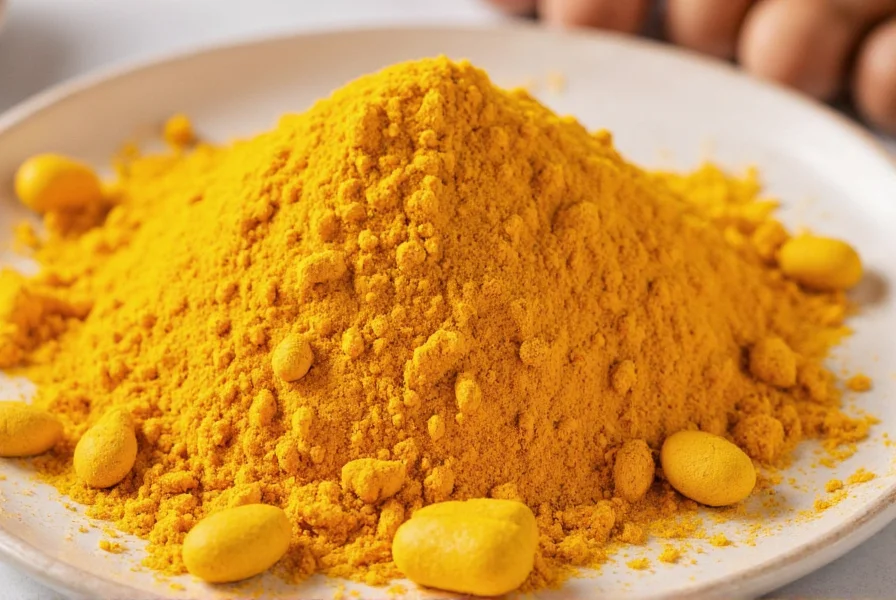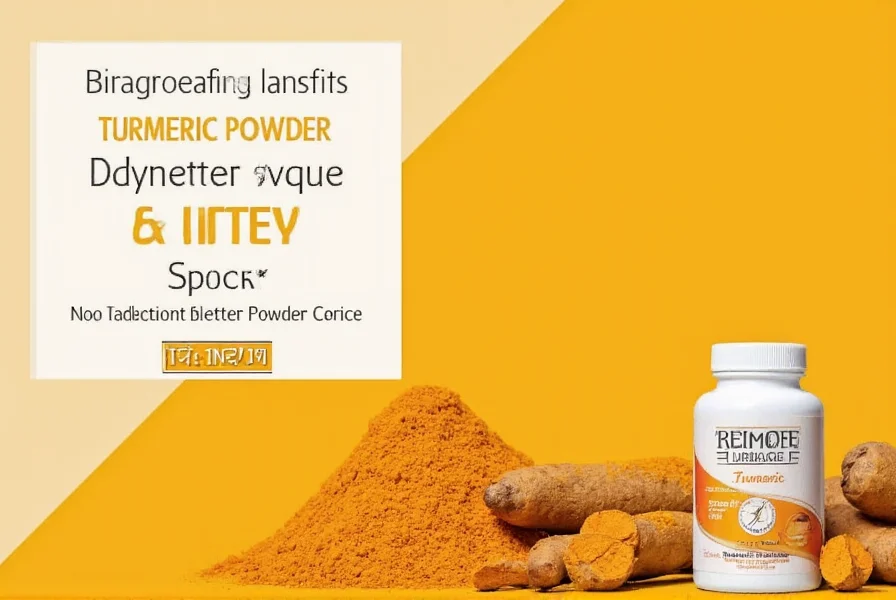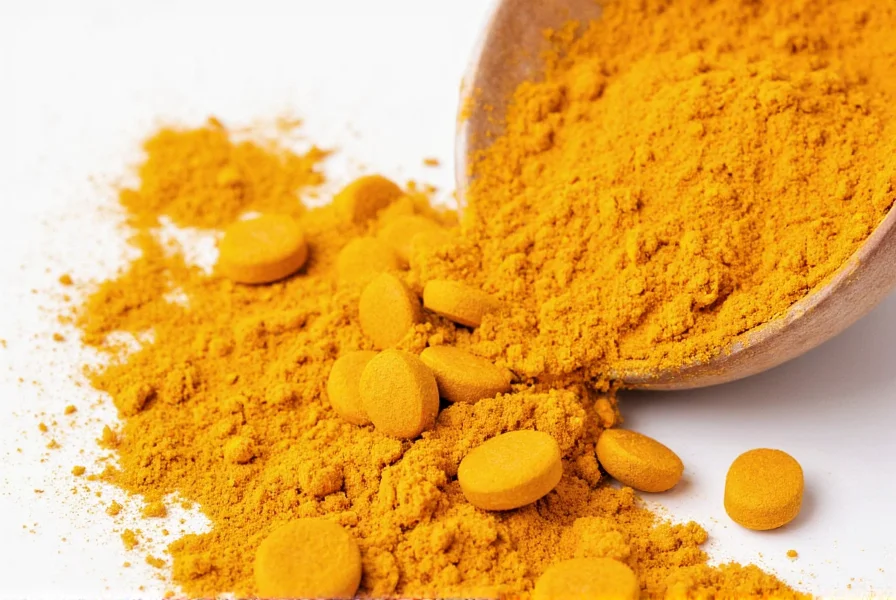Turmeric powder tablets have gained significant attention as a convenient way to harness the potential health benefits of Curcuma longa, the golden spice used for centuries in traditional medicine. Unlike raw turmeric powder, these tablets offer standardized curcumin concentrations and enhanced absorption through specialized formulations.
Understanding Turmeric's Active Compound
Curcumin constitutes only 2-8% of raw turmeric root but represents the primary bioactive compound responsible for turmeric's studied effects. Turmeric powder tablets typically contain 95% curcuminoid extracts, making them significantly more potent than culinary turmeric. However, curcumin's notoriously poor bioavailability means effective formulations must address this challenge.

Evidence-Based Benefits of Turmeric Powder Tablets
Current research suggests potential benefits when using properly formulated turmeric powder tablets:
| Benefit Area | Research Status | Effective Dosage Range |
|---|---|---|
| Inflammation management | Strong clinical evidence | 500-1,500 mg curcumin daily |
| Oxidative stress reduction | Good preliminary evidence | 400-1,000 mg daily |
| Joint comfort support | Moderate clinical evidence | 1,000 mg daily with piperine |
| Cognitive health | Emerging evidence | 500-1,000 mg daily |
Multiple meta-analyses, including a 2022 review in Nutrients, confirm that standardized turmeric powder tablets with bioavailability enhancers demonstrate statistically significant improvements in inflammatory markers compared to placebo. The most effective formulations combine curcumin with piperine (from black pepper) or use phospholipid-bound curcumin to increase absorption by up to 2,000%.
Turmeric Tablets vs. Other Supplement Forms
When considering turmeric capsules vs powder tablets, several factors differentiate these formats:
- Standardization: Powder tablets typically offer more consistent curcumin concentrations than loose powder
- Convenience: Tablets eliminate measurement errors associated with loose powder
- Bioavailability: Advanced tablet formulations often include absorption enhancers not present in basic powders
- Stability: Encapsulated forms protect curcumin from light and oxidation better than loose powder
For those wondering does turmeric powder tablets work for arthritis, a 2023 systematic review in Arthritis Research & Therapy found that patients taking 1,000 mg of enhanced-curcumin tablets daily reported 40% greater improvement in joint pain scores compared to placebo after 8 weeks.
Choosing Quality Turmeric Powder Tablets
Selecting effective best turmeric powder tablets for inflammation requires attention to several quality markers:
- Curcumin concentration: Look for 95% curcuminoids standardization
- Bioavailability technology: Piperine (black pepper extract), phospholipids, or nanoparticle formulations
- Third-party testing: Certifications from NSF, USP, or ConsumerLab
- Transparent labeling: Clear dosage information specifying how much curcumin in turmeric tablets
- Manufacturing standards: GMP-certified facilities

Recommended Usage and Safety
Understanding proper turmeric supplement dosage guidelines is crucial for effectiveness and safety. Most clinical studies use:
- 500-1,500 mg of standardized curcumin extract daily for general wellness
- Split dosing (twice daily) for sustained blood levels
- With food to enhance absorption and reduce potential gastrointestinal effects
Regarding side effects of turmeric powder tablets, most people tolerate standard doses well. Some may experience mild digestive discomfort at higher doses (over 1,500 mg daily). Turmeric may interact with blood thinners and diabetes medications, so consulting a healthcare provider before starting supplementation is advisable, especially for those with medical conditions or taking prescription medications.
Realistic Expectations for Turmeric Powder Tablets
While turmeric powder tablets show promise in research, they're not miracle cures. Effects typically develop gradually over 4-8 weeks of consistent use. The most significant benefits appear in inflammation management and antioxidant support when using properly formulated products at appropriate doses. Managing expectations about how turmeric powder tablets work prevents disappointment and supports realistic health goals.
Conclusion
Turmeric powder tablets represent a scientifically supported option for those seeking the potential health benefits of curcumin in a convenient, standardized format. When selecting products, prioritize formulations with proven bioavailability technology, transparent labeling of curcumin content, and third-party quality verification. Consistent use at appropriate doses (typically 500-1,500 mg daily of standardized extract) offers the best chance of experiencing the inflammation management and antioxidant benefits documented in clinical research. As with any supplement, realistic expectations and consultation with healthcare professionals form essential components of safe, effective use.











 浙公网安备
33010002000092号
浙公网安备
33010002000092号 浙B2-20120091-4
浙B2-20120091-4